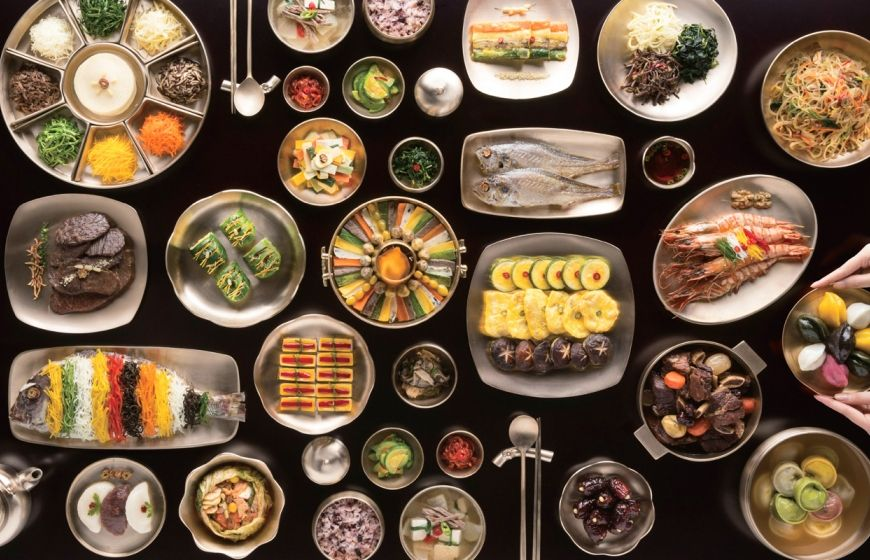ALEXANDRA RADILALEH WRITES– Since my return to Los Angeles from my study abroad in South Korea last summer, I’ve been eager to taste delicious and healthy foods like gaya milmyeon, chimaek and ganjang gejang once more. On my own, I did find some locations that almost replicated those intricate flavors, albeit with difficulty. So I decided to leap to Yelp.
Realizing how much I had been missing out on culinary delights from my native country, I questioned why I never had these Korean foods in Los Angeles–a hub of cultural diversity. I created a Yelp account to find food recommendations.
Yelp, an app that dominates the App Store and Google Play store, is an easy-to-use program that allows viewers to both write and read reviews on businesses, particularly restaurants. Upon opening the app, the highest- rated places in LA starred Western cuisines. When I searched for Asian food, I found reviews criticizing Asian restaurants for their allegedly poor level of health, cleanliness, smell, and servers’ ability to speak English.
Sarah Kay, an expert in Food Studies, writes in Eater New York, that online reviewers rating restaurants tend to link “authenticity” of an ethnic restaurant to their very own romanticized version. She writes:
When reviewers picture authenticity in ethnic food, they mentally reference all the experiences they’ve had before with that cuisine and the people who make it — and most of the time, reviewers view those experiences, whether from personal interaction or from interacting with media, as not positive. Reviews tend to reflect the racism already existing in the world; people’s biases come into play.
Kay discovered that in a study of more than 20,000 Yelp reviews, the best reviews, continuously and historically, were those for restaurants rooted in the white, Eurocentric experience—whether the food, the servers or the overall restaurant ambiance.

In the same report, Kay details how a reviewer described the staff at a French restaurant: “The waiters are so good looking and so cute with their French accents!” Another yelper’s comments on a Chinese establishment stand in sharp contrast: “One of the [servers] asked a lady (quite rudely in Chinese… as if there’s any other way) to move.” There appears to be a consistent pattern in how Yelp reviewers talk about non-Western workers.
Even more so, search algorithms for apps like Yelp have created an association between dog meat and Korean restaurants. As the Tampa Bay Times found, typing “dog menu” into Yelp almost always brought up a Korean restaurant. And when switching dog for cat, Yelp pulled up Chinese restaurants. (In some cases, restaurants will pointedly label themselves as “Clean Chinese,” meaning that they eliminate oil and salt in their dishes.)
A spokesperson for Yelp told the Tampa Bay Times that company searches rely on “real-world consumer user data and human behavior patterns.” What this means is that certain words found in Yelp’s user reviews, plus users’ previous searches and behaviors on the app, all add up to a generally negative picture of Asian establishment. So although Yelp has removed these keyword associations, the real issue lies in the origin of such negative, stereotypical associations – people.
“Food is fundamental to who we are,” concludes Gustavo Arellano, author of Taco USA: How Mexican Food Conquered America. “Humans have always demonized the cuisine of ‘the other’ because it’s the easiest way to say someone is less human.”

